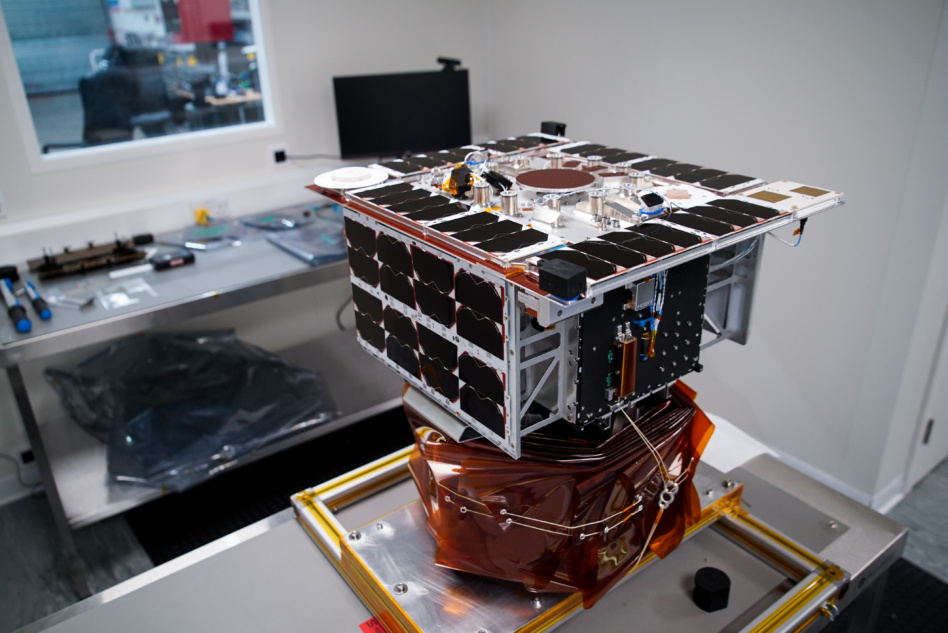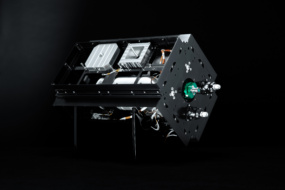The UK’s Civil Aviation Authority has given the go ahead for Welsh ISAM startup, Space Forge, to fly its first in-space manufacturing satellite—ForgeStar-1.
The sat, expected to launch this year, will set the stage for future in-orbit manufacturing capabilities. The company plans to take advantage of the unique conditions of space—microgravity, the vacuum of space, and extreme temperatures—to manufacture materials that are expensive to build on Earth, namely semiconductor crystals.
Manufacturing semiconductor crystals on Earth is no simple feat. Producing them under Earth’s gravity can make them less effective, and protecting them against potential contamination is costly. Space allows the company to avoid both of these challenges.
“Space enabled semiconductors offer multiple improvements across thermal conductivity and electron mobility—slashing Size Weight and Power constraints, while boosting end-system performance and device lifetime. The world depends on semiconductors and the best place to produce them is above shore,” Joshua Western, Space Forge’s CEO and cofounder, told Payload in an email.
Side of CHIPS: There’s also an economic benefit to focusing on semiconductors.
Over the past few years, the global demand for semiconductors—which are used in everything from smart phones to fighter jets—has increased dramatically. The US passed the CHIPS Act in 2022 to invest in domestic semiconductor manufacturing tech to meet that demand.
Space Forge has positioned itself to take advantage of that investment by offering the US a way to offshore part of the production to space. In September, the company opened a new office in Florida and began recruiting for a head of semiconductors position. The company has also partnered with Sierra Space and Astral Materials to collaborate on future in-space semiconductor manufacturing missions.
Take two: This isn’t the first time Space Forge has tried to reach orbit. The company’s first satellite, a 3U smallsat called ForgeStar-0, was lost shortly after its ride to space—Virgin Orbit’s LauncherOne rocket—failed to break through the atmosphere.
Instead of simply trying again, the company took the setback as an invitation to push the envelope. ForgeStar-1 is orders of magnitude larger than the initial prototype, and comes equipped with a reusable, unfolding heat shield.
Unlike heat shields that use ablative technology, which burns up on reentry, Space Forge’s Pridwen shield, developed with funds from the UK Space Agency and ESA, radiates heat outward as it tears through the atmosphere.
This means that the heat shield is designed to be reusable, further driving down the cost of future in-space manufacturing missions. For this mission, the company plans to test Pridwen’s in-orbit mechanics to ready the technology for reentry flights on future missions.





